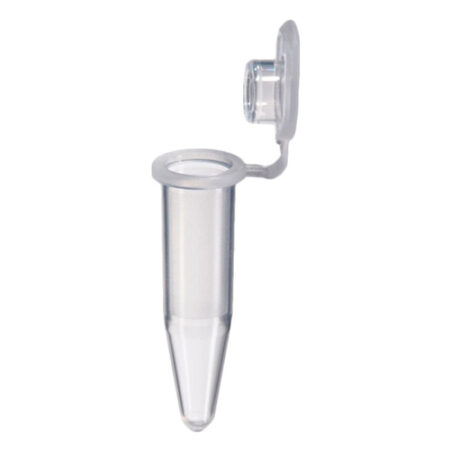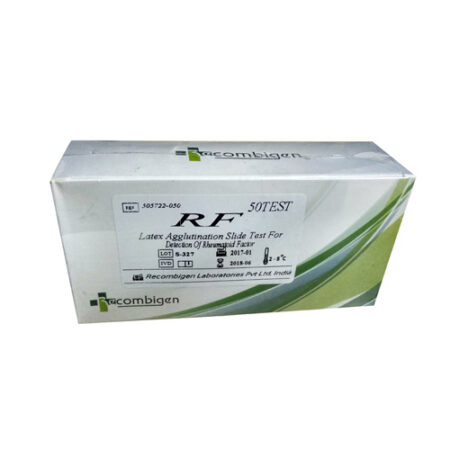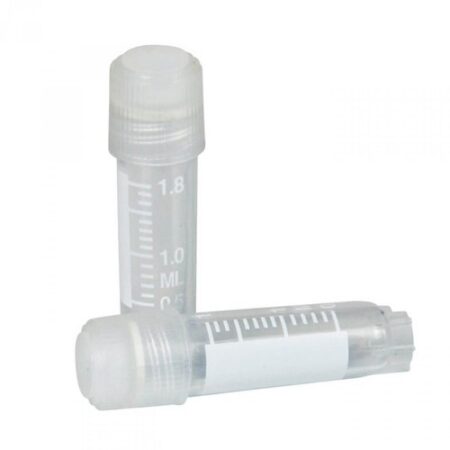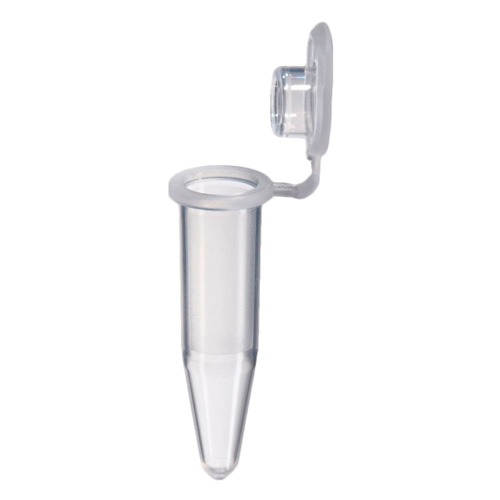Microcentrifuge tubes, also known as microtubes, are commonly used in laboratory settings for various applications such as centrifugation, storage, and sample preparation. Conical microcentrifuge tubes are a specific type of microtube that feature a conical shape.
The conical shape of these tubes provides several advantages:
- Efficient pelleting: When samples are subjected to centrifugal force, the conical shape of the tube allows for efficient pelleting of particles or cells at the bottom of the tube. The angle of the cone influences the pellet formation, with common angles ranging from 30 to 45 degrees.
- Maximum recovery: The tapered shape facilitates easy removal of the supernatant without disturbing the pellet, ensuring maximum recovery of the desired sample components.
- Enhanced mixing: Conical tubes are often used for mixing and combining reagents or samples due to their shape, which promotes effective mixing by vortexing or pipetting up and down.
- Compatibility with centrifugation: The conical design allows for proper balance during centrifugation, reducing the risk of tube imbalance and potential damage to the centrifuge or samples.
Conical microcentrifuge tubes are available in various sizes, typically ranging from 0.5 mL to 2 mL. They are commonly made of polypropylene, which provides good chemical resistance and can withstand the high speeds and forces associated with centrifugation.
Overall, the conical shape of microcentrifuge tubes offers numerous benefits for laboratory procedures involving centrifugation, storage, and sample handling, making them a versatile tool in scientific research and diagnostics.






Reviews
There are no reviews yet.